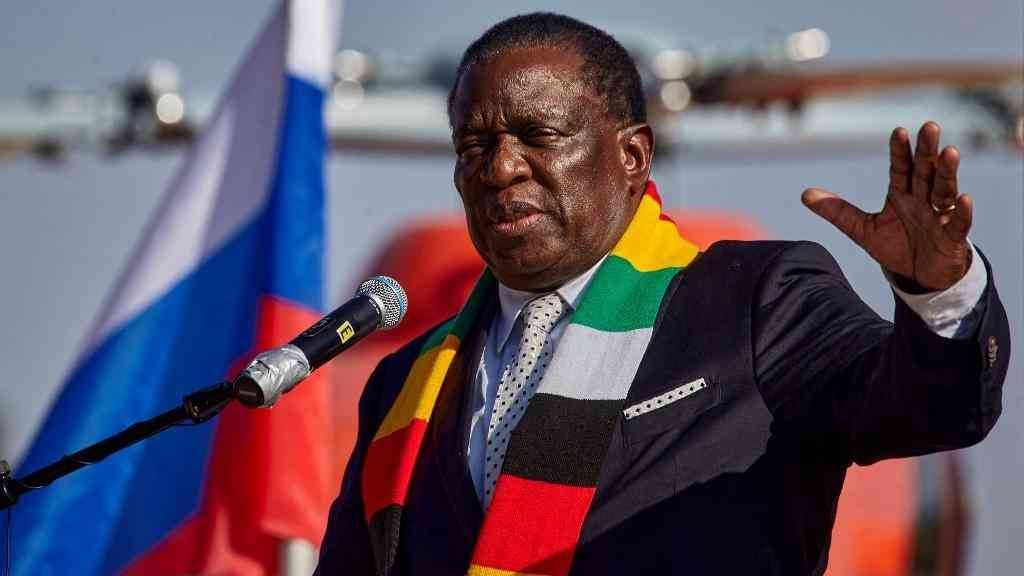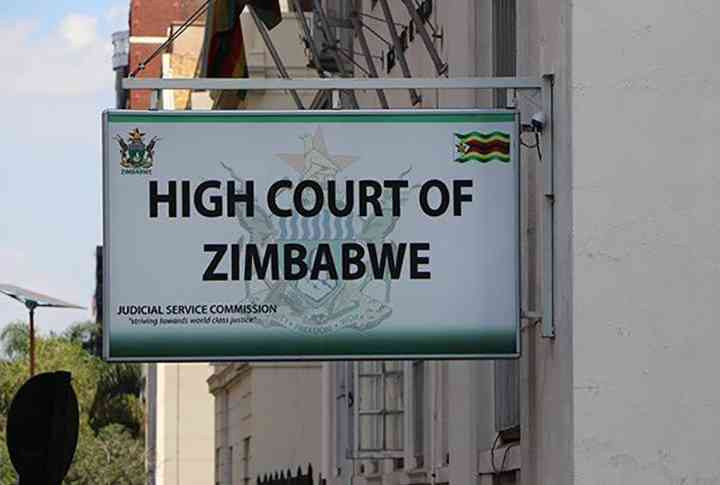
GOVERNMENT’S promise to avail foreign currency to the country’s largest beverages manufacturer, Delta Corporation, to avoid forex pricing is not sustainable, analysts have said.
BY FIDELITY MHLANGA
Delta last Wednesday announced a new pricing system for all its products, pegged in United States dollars, in a move meant to keep the company afloat in the face of foreign currency shortages.
In apparent panic, government moved to convene a meeting on Thursday night, well before Delta effected its new forex pricing regime on Friday.
Economic analysts and business executives said the move by government to interfere in the Delta decision to price its products in the US$ was tantamount to meddling with market forces and would not work.
Economist and CEO Forum chief executive Kipson Gundani contends that government has no role in business and what it did on Delta’s issue was akin to price control.
“Government has no role in business. It is the role of business to do business. In other words, government is controlling the prices of Delta products. Government is going against the market forces. History has shown us that such battles are never won,” Gundani said.
“The obvious will happen. Delta products will disappear and there will be shortages. It is common knowledge that government does not have forex. They cannot subsidise everything from fuel to beer and drinks. That is going against the basic laws of economics. The solution offered by government will not work.”
- Chamisa under fire over US$120K donation
- Mavhunga puts DeMbare into Chibuku quarterfinals
- Pension funds bet on Cabora Bassa oilfields
- Councils defy govt fire tender directive
Keep Reading
Other analysts said authorities feared that had this pricing regime been left to fly, the move could have seen more companies joining the bandwagon as most businesses are experiencing the same acute shortage of foreign currency.
While this seems to have offered a respite to Delta’s issue, the central bank has, however, been struggling to provide forex for procurement of fuel, drugs, wheat and bread makers’ raw materials.
The apex bank is currently having a headache in providing two million litres of petrol and three million litres of diesel per day with an estimated weekly requirement of $20 million to $25 million.
Delta company secretary Alex Makamure said on Friday: “As you have seen in the joint statement that it is written that the Reserve Bank will endeavour to avail forex. So it is an endeavour. These are promises as you know the country is facing a serious forex supply. So we will be working in the framework of that short supply.”
The beverages manufacturer owes $41 million to foreign suppliers and dividends worth $30 million to Anheuser-Busch InBev, the world’s largest brewer, which holds a 40% stake in Delta.
Delta’s strategic position in this economy is undoubted and authorities must proffer the best sustainable solution to ensure a conducive operating environment.
Mindful of the fact that when bakers increased the bread price to $2,20 last November the central bank promised in vain to up forex allocation to 80% from 35% to lure them to settle at $1,40. Seeing that no forex allocation was coming, bread makers are now set to increase prices again.
Zimbabwe National Chamber of Commerce chief executive Christopher Mugaga said government could reverse Delta’s move but at its own peril as that would lead to massive job losses.
“It means Delta has reached a tipping point on its ability to continue buying forex on the parallel market. If government reverses Delta’s decision, it will mean more job losses and a significant cut on all tax heads to government which includes VAT, excise tax, corporate tax and PAYE,” he said.
“Therefore, Delta’s stance can be interpreted as the beverage industry which is redollarising faster, not the firm, since Delta is a monopoly. Given the rate of growth and the size of the consumer facing industry in this economy, the impact will be transmitted to ordinary citizens whose salaries are still denominated in RTGS balances. This Delta move could spell more political friction into 2019 as government will be forced to review its interpretation of 1:1 in the coming Monetary Policy Statement.”
Delta directly employs 5 000 workers and has in excess of 20 000 indirect customers. It is one of the biggest counters on the local bourse and has invested over US$600 million in plant and equipment, vehicles and ancillary services since 2009.
In the run-up to the festive period, the company announced that it had shut down its soft drinks manufacturing plant due to shortages of imported raw materials.
Independent economist Eddie Cross said legally Delta could trade in any of the currencies that are a legal tender and the move to block it was going to drive inflation.
“It means that Delta will have to increase its prices in RTGS and buy the foreign exchange it needs to service its external liabilities on the open market. Other companies are already doing that and this is what is driving the inflation,” Cross said.
According to FBC Bank in its weekly snapshot, foreign exchange controls are failing to work in Zimbabwe and the country should immediately liberalise the foreign exchange market.
“[The] RBZ introduced a number of exchange control measures in the economy which includes centralising the allocation of foreign currency for imports on a priority basis, adopting the artificial exchange rate of 1:1 between the USD and RTGS dollars,” the bank said.
“Due to persistent deficits over the past five years the country has built a mountain of RTGS dollars to the tune of $22,5bln ($10bln in bank accs, $9bln in TBs and $2,5bln in RBZ overdraft). Our major challenge as a country is known beyond reasonable doubt that it is a currency crisis. We believe the fundamentals are still sound in Zimbabwe and these distortions in the market prices must be addressed immediately.”
Other analysts said Delta’s stance, which followed a similar move by Simbisa Brands late December, showed that authorities had chosen to bury their heads in the sand, pretending the bond note was trading at par with the US dollar, ignoring all the fundamentals and glaring facts on the ground suggesting otherwise.









